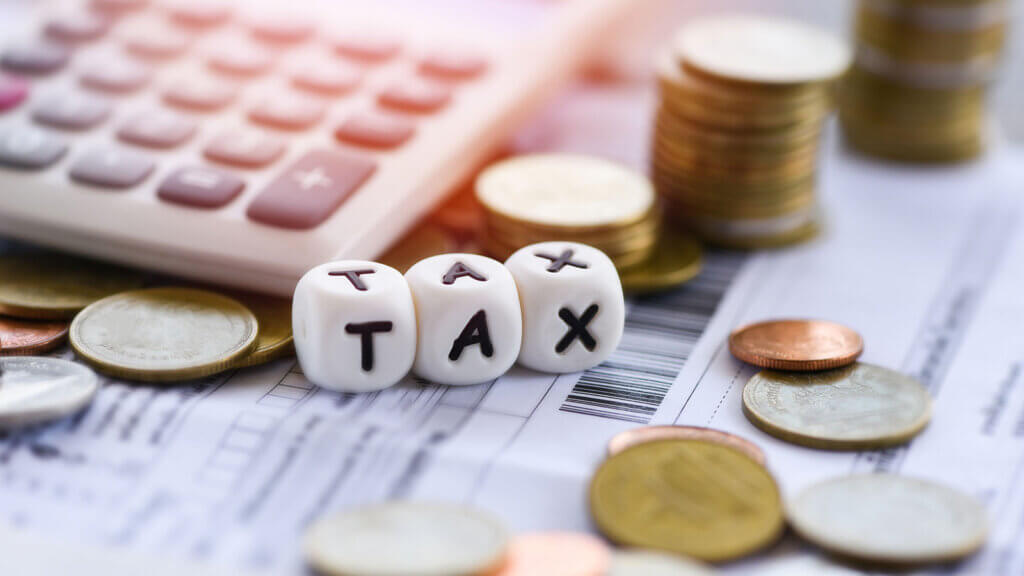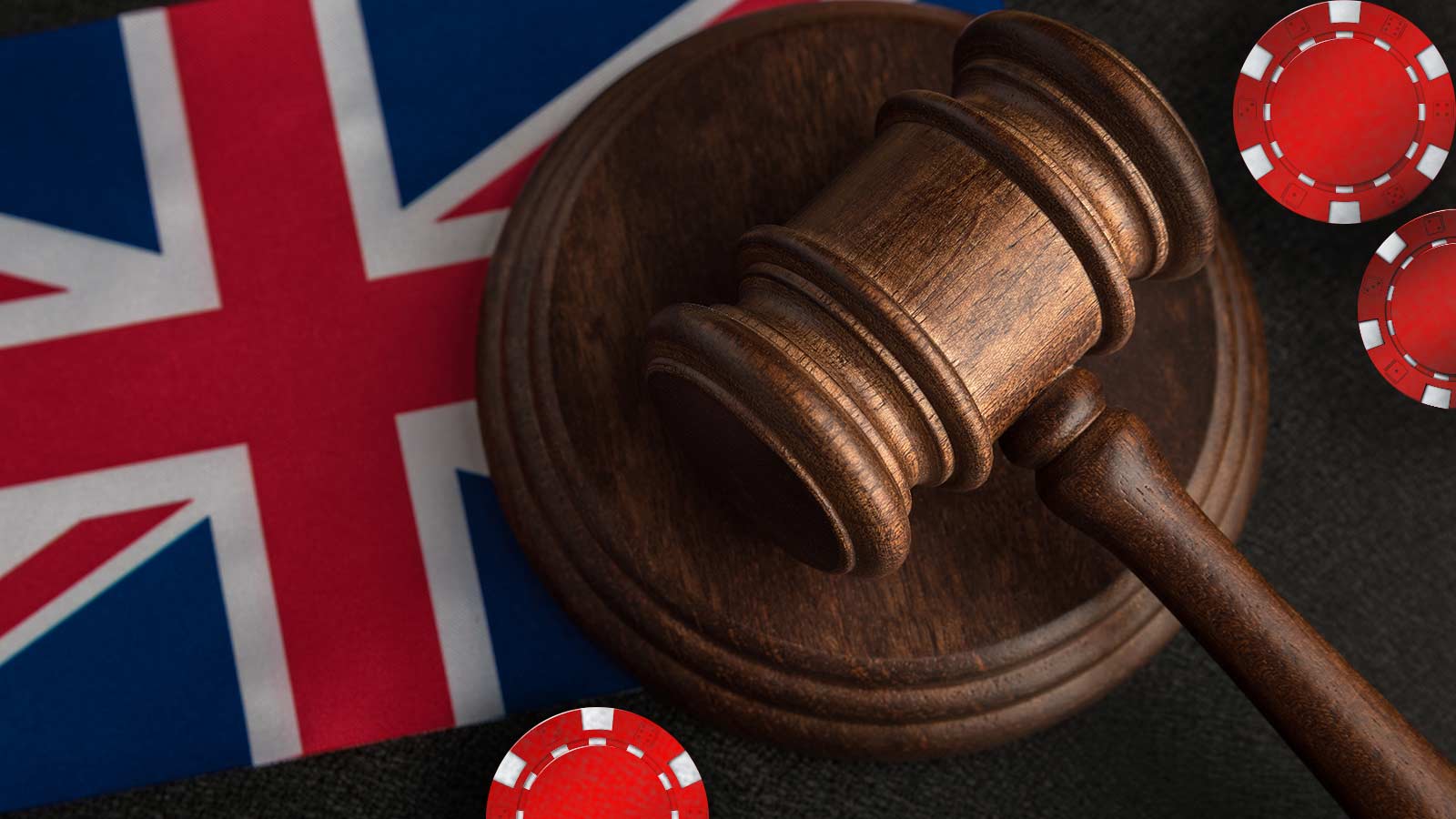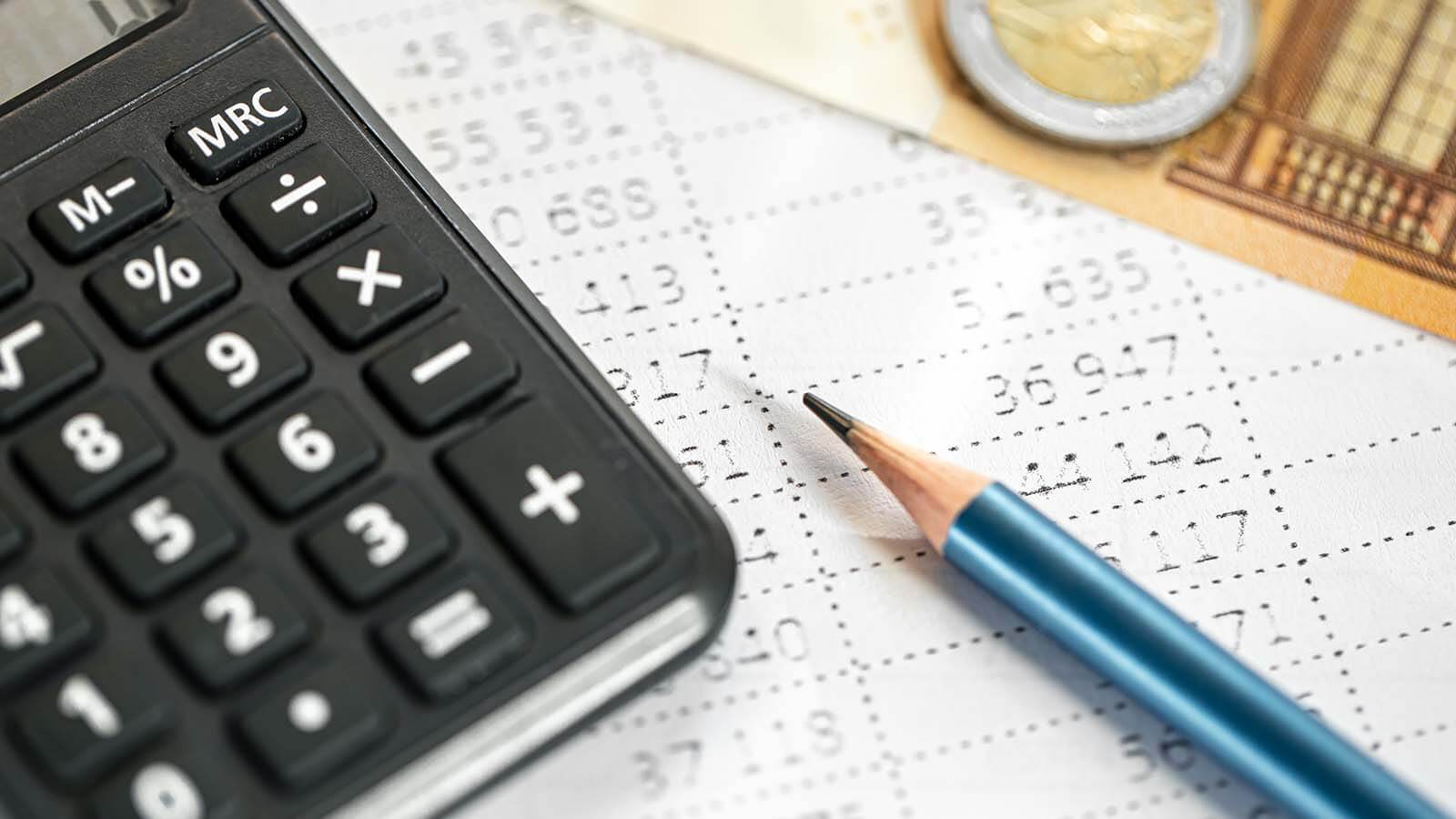All you Have to Know About UK Gambling Taxes
KingCasinoBonus receives money from casino operators every time someone clicks on our links, influencing product placement. The compensation we receive does not impact our recommendation, advice, reviews and analysis in any way. Our content will always remain objective, independent, straightforward, and free from bias.

Did you know that 31% of players in the UK find it difficult to grasp the complicated gambling fees and taxes? That’s right! Keep yourself informed with this simple guide on gaming and winning taxes, such as remote gaming duty, and the amounts you must pay for income taxes. If you’re not already amongst the 69% of players who are knowledgeable about taxes, then this guide will help you become an expert in gambling tax preparation!
On this page
What Are the British Gambling Laws?

UK gambling law has undergone considerable changes over the last 50 years, particularly in the previous two decades with the upturn of UK online casinos.
The Gambling Commission is the central authority that regulates, licences, or assists betting operators, promotes safer betting practices, and mediates disputes between bettors and casino owners. The Gambling Commission supervises online and brick-and-mortar casino betting, sports betting, horse racing, lotteries, and bingo companies, which legally allows them to function in the UK.
All gambling-related activities are overseen by the Gambling Commission and regulated by the Department for Digital, Culture, Media, and Sport (DCMS)
What can you do with a UKGC licence?
With a UKGC licence, gaming operators can provide a range of services for real money gaming, including horse racing, conventional sports, eSports, or owning poker casinos, bingo casinos, lotteries, blackjack bonus casinos, craps casinos, and slots sites.
The UK has a long history of sports betting while the casino gaming industry started in the late 1960s and early 1970s and began expanding from 2005 onwards with the Gambling Act of 2005.
Since then, gambling has become a more safe pastime. But remember, you can legally gamble in the United Kingdom only if you are 18 or older.
A Timeline of the UK Gambling Tax

Taxes on gambling in the UK mostly affect operators as players are relieved from paying taxes on gambling winnings.
Regulation of sports betting, which constitutes gambling, can be traced back to the late 1920s with the Racecourse Betting Act of 1928, followed by the 1934 Betting and Lotteries Act.
British Gambling Taxes Before 2001
In 1947, the UK Parliament implemented the Pool Betting Duty and imposed a tax on football pools.
Then, in 1960, the UK Parliament Passed the Betting and Gaming Act, which went into effect on January 1, 1961, and established the National Lottery in the mid-1990s.
The UK also imposed a 6.75% tax on sports wagers, which was replaced by a 15% tax on gross earnings in 2001.
UK Gambling Taxes After The Gambling Act 2005
The current betting framework in the United Gambling was decided in 2005 with the Gambling Act of 2005. As part of the Act, the UK Gambling Commission was assigned as the main regulator of remote betting.
The Act also effectively made it legal for all residents of the UK aged 18 or older to participate in sports betting and games of chance. However, the Gambling Act of 2005 still exempted players from paying taxes on gambling winnings.
The Act was amended in 2014 and is now centred on ‘point-of-consumption’, i.e., the player, rather than ‘point-of-supply,’ i.e., the operator. The amendment required all online gaming operators, irrespective of their country of incorporation, to obtain a remote gaming licence from the UKGC and pay a Remote Gaming Duty of 15%, which was raised to 21% a few years later.
Even with this amendment, taxation rules applied only to operators, not players, who could still play at land-based and top online casinos without paying taxes on gambling winnings.
Casino Games That Are Not Subjected To Taxation In The UK
Here are the main game categories that are tax-free for British players:
- National Lottery
- Poker
- Blackjack
- Craps
- Sports betting
- Horse racing
- Online slots
- Scratch cards
Gambling-Related Taxes

Again, UK players, as long as they are 18 and live in the UK, can pocket all gambling winnings tax-free.
Whether you live in England, Wales, or Northern Ireland, play sports or casino games, and play online or on land, the law is the same – there are no taxes on gambling winnings.
This only applies to UK players, while operators are subject to various taxation duties, as shown below.
Still, it is good to know some specific instances unrelated to gambling where you may have to pay tax.
Inheritance
An inheritance tax is levied when someone inherits an estate from someone who has passed away.
The UK inheritance tax is 40%, but only on inheritances valued over £325,000. You don’t pay any tax if the value is below £325K.
You will also not pay tax if you donate anything above the £325K to an amateur sports team or charity or leave it to your spouse or partner.
Investments in Real Estate
Non-corporate real estate investors, such as property owners who collect rent, will likely have to pay a capital gains tax of 18% on residential property.
UK residents pay a capital gains tax on extremely large homes, an estate that is not theirs, or if the individual has used their home to conduct official business.
Bank Accounts
Any gains accrued from interest on bank account savings may or may not be subject to taxation, depending on the rate.
UK residents can collect up to £5000 before tax, depending on other factors, such as their salaries, pension, or other income.
If the payment is at least £17570, then the person is not entitled to tax-free interest from savings of up to £5000.
Pro-Players Taxation System In The UK

We’ve already established no taxes on gambling winnings if you are a casual player. But are your gambling earnings taxed if you become a professional gambler?
The answer is still no. The UK’s HM Revenue & Customs does not consider professional gambling a trade and, therefore, does not tax professionals on their gambling winnings.
Even though some will argue there is a difference between a casual and a professional gambler, as far as taxation goes, they are both the same in the eyes of the law.
Abroad Gambling Taxes
Whether you earn gains from gambling while in the UK or somewhere abroad, the law is the same, and so long as your winnings are paid out to a UK account, you won’t be taxed.
However, you might want to consider with a law expert whether you will be taxed if your money is transferred to an account where you are currently located that is not within the UK.
Taxes Paid By Casinos

While players are not taxed on their winnings, gambling providers must pay gaming, bingo, lottery, machine games, pool betting, and general betting duties.
For instance, the remote gaming duty is 21% of profits reported by online gaming operators.
The general betting duty for bookmakers is 15% on gross profits, while the gaming duty on the gross gaming yield for the first £2,686,000% is 15%, then 20% for the next £1,852,000, 30% for the next £3,243,000, and 40% for the next £6,845,000.
Gambling Taxes In The UK: Verdict
Finally, “Do you pay taxes on gambling winnings?” is not a valid question. Gamblers from the United Kingdom do not have to pay taxes on any of their profits from gambling games, including poker, online slots, roulette, lotto, bingo, horse racing, and more.
But before you launch your internet casino or betting site, be sure you research the betting and remote gaming obligations that impact gambling providers. This way, you will learn more about the taxes and what to expect from your online casino betting winnings payouts.